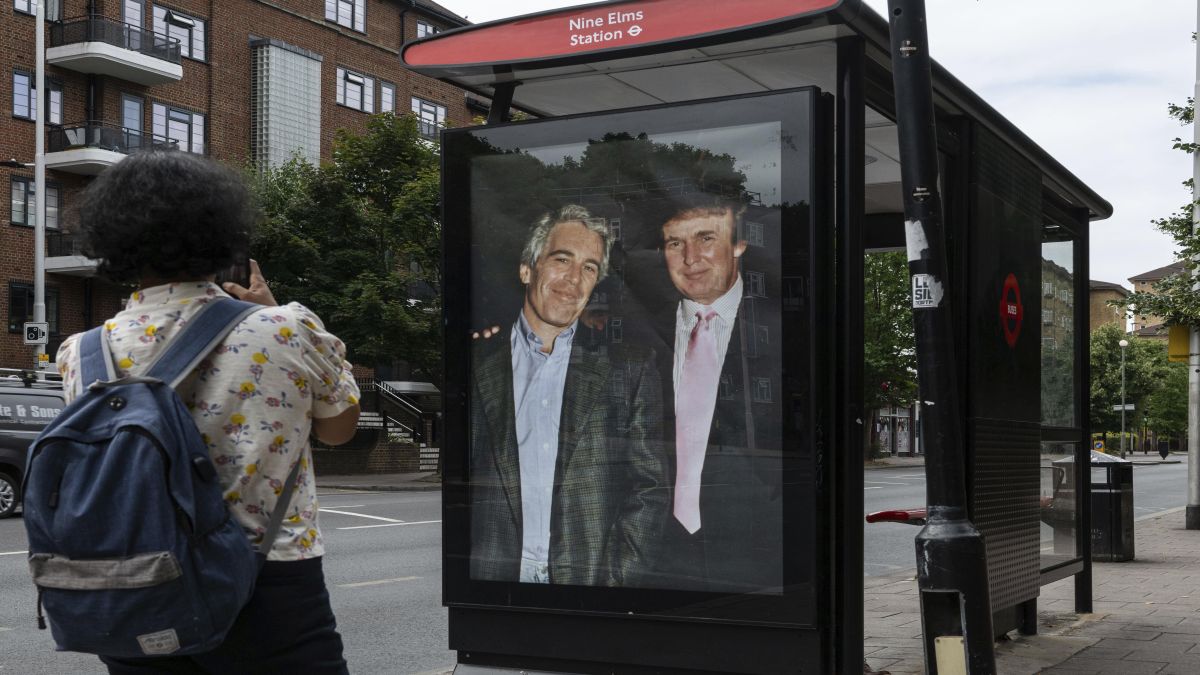A US judge has denied a Justice Department attempt to release grand jury records from the sex-trafficking case against Jeffrey Epstein, saying the sealed materials are far less significant than the wider trove of government files on the disgraced financier that remain withheld from the public.
District Judge Richard Berman in Manhattan ruled on Wednesday that the grand jury records – around 70 pages of testimony – were “merely a hearsay snippet” compared with the government’s 100,000 pages of investigative files. He argued that if the administration was serious about transparency, it should release the broader cache of documents rather than seeking an exception to rules protecting the secrecy of grand jury proceedings.
Trump’s promise collides with legal barriers
The decision adds to the political pressure on Donald Trump, who has faced mounting criticism from his conservative base over his administration’s handling of the Epstein files. During his 2024 campaign, Trump pledged to make public all material connected to Epstein and accused Democrats of covering up the truth.
But in July, the Justice Department announced it would not release any further material, dismissed claims of a hidden client list, and insisted much of the evidence could not be disclosed. The stance infuriated supporters who had expected sweeping disclosures.
Following Trump’s instruction, Attorney General Pam Bondi had asked the court to approve the release of Epstein’s grand jury testimony. The filing revealed that the panel had heard from just one witness – an FBI agent – before handing down Epstein’s indictment.
Wider legal push stalls across jurisdictions
The latest ruling follows similar setbacks for the administration in other courts. Earlier this month, Judge Paul Engelmayer in Manhattan rejected a bid to unseal grand jury materials from the case of Ghislaine Maxwell, Epstein’s longtime associate, who is serving a 20-year prison sentence for recruiting underage girls. Engelmayer wrote that the evidence presented to her grand jury was already aired at her trial and contained no indication of others having sexual contact with minors.
In July, a Florida judge also refused a request to release grand jury records from Epstein’s earlier federal investigations in 2005 and 2007. Those probes culminated in a controversial 2008 plea deal that saw Epstein serve just 13 months in jail on a state prostitution charge.
Epstein’s legacy and lingering conspiracy theories
Epstein, who pleaded not guilty to sex-trafficking charges, died in a Manhattan jail cell in 2019. His death, officially ruled a suicide by hanging, fuelled conspiracy theories that he was murdered to protect powerful associates. His connections with influential figures across politics, business and royalty have continued to stoke public interest in the case and demands for transparency.
With inputs from agencies
)